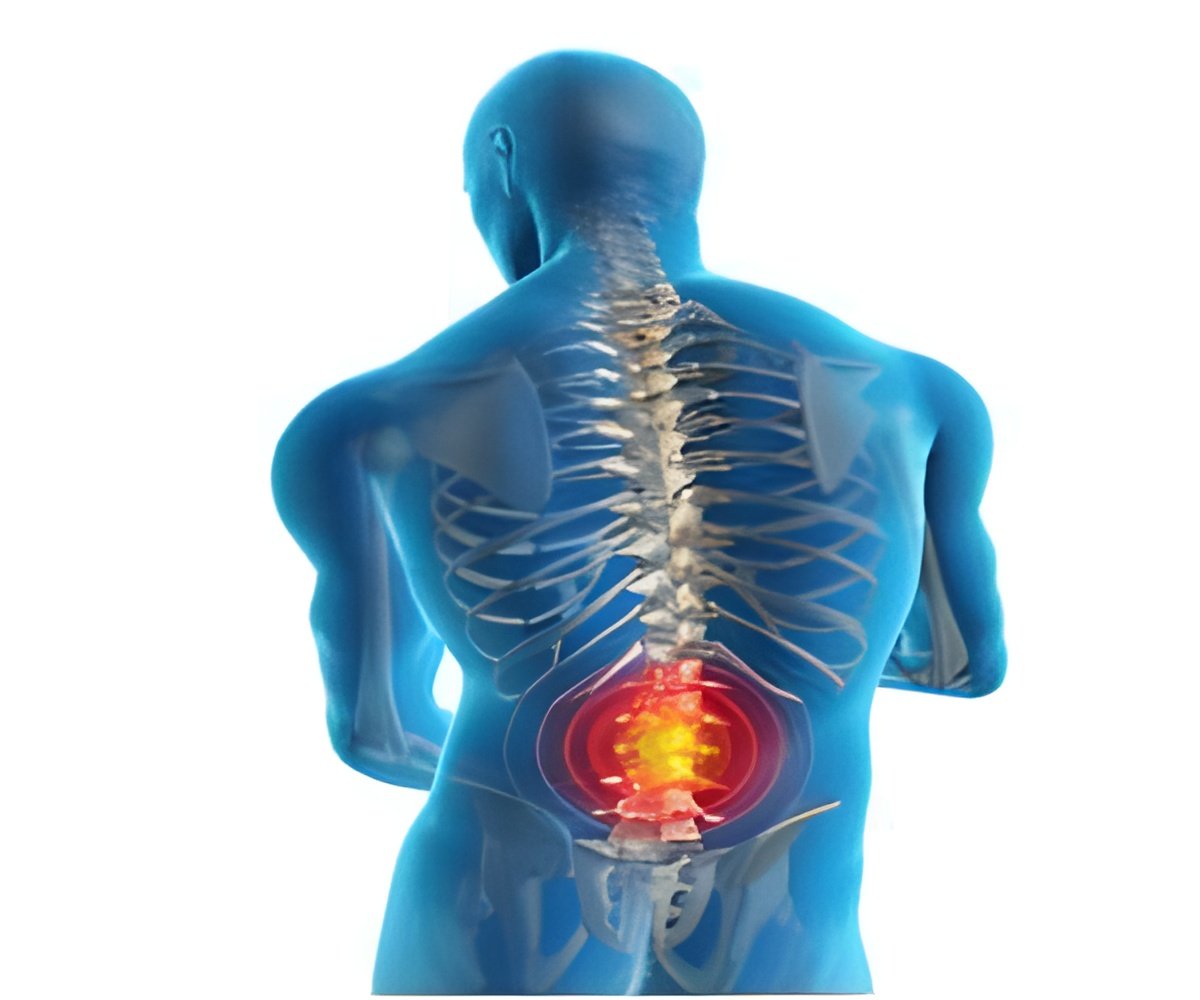New study reveals how a hormone located in fat cells inside bone marrow helps control the production of bone and fat in response to changing conditions.

‘A New study may help researchers better understand how the body maintains fat stores and bone production in response to aging. It also suggests new approaches to treat osteoporosis.’
Read More..




"This expansion of bone marrow fat is strongly associated with bone loss in mice and humans," explains lead author Nicole Aaron, PhD, a graduate student at Columbia University Vagelos College of Physicians and Surgeons, New York, US. "But how these changes occur is still not well understood."Read More..
Aaron and her colleagues fed mice a calorie-restricted diet and found that this caused fat in their bone marrow to grow and increased the production of an enzyme called adipsin.
The levels of adipsin were also high in mice treated with rosiglitazone, which increases bone marrow fat and decreases bone mass. Aging also caused similar changes in the animals.
So, the research team carried out experiments in mice that were genetically engineered to lack adipsin. They found that the animals less bone marrow fat and stronger bones. Adipsin appears to cause stem cells in the bone marrow to develop into fat cells rather than bone cells.
"Similarly, results from our human studies also revealed that the expansion of bone marrow fat with fasting was associated with a marked increase in adipsin and evidence of bone breakdown," says author Clifford Rosen, Director of Clinical and Translational Research at Maine Medical Center, Portland, Maine, US.
Advertisement
Adipsin blockers are being developed to treat people with age-related vision loss. The current study suggests these drugs might help increase bone mass in older people with diseases like osteoporosis that cause progressive bone loss.
Advertisement
"These treatments could also potentially be targeted to individuals who develop bone loss as a result of eating disorders, such as anorexia, or aging."
Source-Medindia











